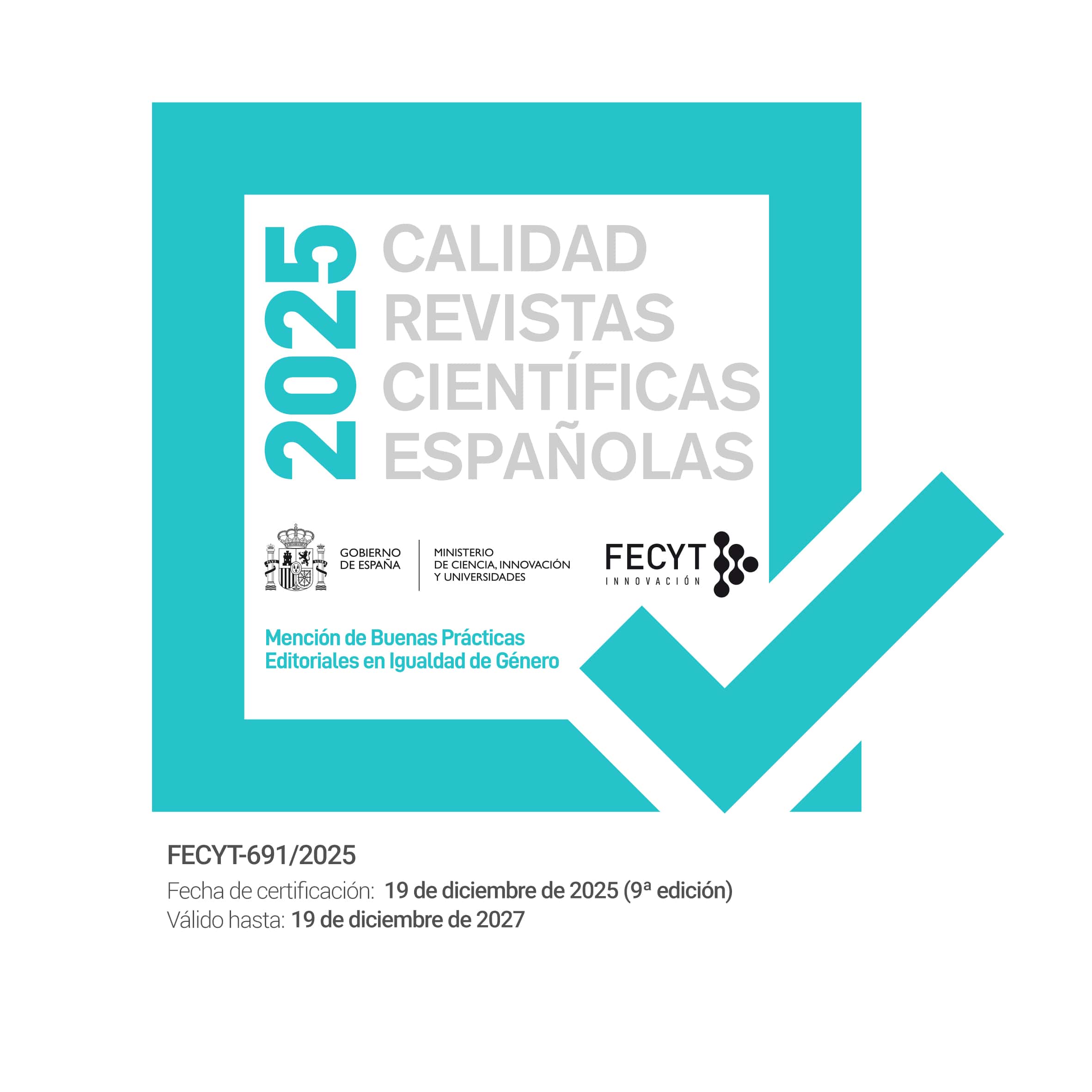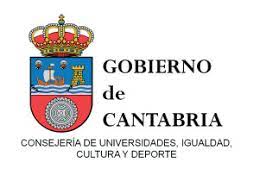Galdós, the (religious) dream of an illustrated
DOI:
https://doi.org/10.55422/bbmp.485Keywords:
Christianity, Church, Galdós, God, Ilustration, Reason, ReligiosityAbstract
About the religiosity or irreligiousness of Galdós, much has been said from the irrefutable reality of the fact that he did not confess on the day of his death, as well as the fact that he existed publicly and privately outside the "clericalism" of the "preconciliar" Church of his space-time circumstance. This is about Galdós' radical commitment to the most unfortunate, the "condemned of the earth", those who, unfortunate, seem "left out of God's hand", but in whom, against all appearances, Galdós knew how to discover the "incarnation" of Mercy, and see in them (whether or not he is aware of it), the loving face of the one called by Kant "Master of the Gospel." Hence I understand his commitment to "the middle ground", his no to revolutionary violence, his prioritizing, from Krausism, the necessary education of the Spanish people as the most important thing. If the dominant religious-political-social intransigence prevented him, yes, the thematic realization of Christianity itself, this does not exclude, in my opinion, and that is my conclusion: that Galdós was (always, as in everything, “ in his own way ”) what Karl Rahner has called“ anonymous Christian ”. And that is already Enlightenment: "Ideal", and not a mere "dream", not a mere "idea" (according to the distinction of Sanz del Río), religiosity, then, "enlightened", but not against reason, nor necessarily against all popular religiosity.
Downloads
Publication Facts
Reviewer profiles N/A
Author statements
Indexed in
- Academic society
- Sociedad Menéndez Pelayo
- Publisher
- Sociedad Menéndez Pelayo
Global Statistics ℹ️
|
135
Views
|
168
Downloads
|
|
303
Total
|
|
References
ALAS, Leopoldo. (1991) Galdós novelista. Barcelona. PPU.
ARENCIBIA, Yolanda. (2020) Galdós. Barcelona. Tusquets S. A.
CAMUS, Albert. (1974) La Peste. Paris. Gallimard.
CISMERO, Enrique. (2020) Galdós, ¿realismo o metafísica?. España y América Latina. Renacimiento.
HEGEL, G.W.F (2017) Fundamentos de la Filosofía del Derecho o Compendio de Derecho Natural y Ciencia Política. Madrid. Tecnos.
KANT, Immanuel. (2004) ¿Qué es la Ilustración?. Madrid. Alianza editorial.
KANT, Immanuel (2016) La religión dentro de los límites de la mera razón. Madrid. Alianza editorial.
MENÉNDEZ Y PELAYO, Marcelino. (1986) Historia de los heterodoxos españoles. Madrid. BAC.
MORA GARCÍA, José Luis. (1981) Hombre, Sociedad y Religión en la novelística galdosiana. Salamanca. Editorial Universidad de Salamanca.
NIETSCHE, Frederich. (1987) La Gaya ciencia. Madrid. Ediciones C. Geranios 26.
ORTIZ ARMENZOL, Pedro (1966) La visión de Galdós 10 años después. Vida de Galdós. Barcelona. Grupo Planeta.
PEÑA GONZÁLEZ, José (2006) Historia política del constitucionalismo español. Madrid. Dykinson
PÉREZ GALDÓS, Benito. (1984) Nazarín. Madrid. Alianza Editorial.
PÉREZ GALDÓS, Benito. (2001) El amigo Manso. Madrid. Cátedra. P
ÉREZ GALDÓS, Benito. (2006) Tristana. Madrid. Austral.
PÉREZ GALDÓS, Benito. (2011) Gloria. Madrid. Cátedra.
PÉREZ GALDÓS, Benito. (2015) Halma. Sevilla. Alfar.
PÉREZ GALDÓS, Benito. (2018) La desheredada. Madrid. Alianza Editorial.
PÉREZ GALDÓS, Benito. (2019a) Misericordia. Madrid. Cátedra. PÉREZ GALDÓS, Benito. (2019b) Misericordia. Madrid. Cátedra
RAHNER, Karl. (1979) Curso Fundamental sobre la fe. Introducción al concepto de Cristianismo. Barcelona. Heder
RIVAS CARRERAS, Victor-Rafael. (2016) La seriedad en la obra de Sören Kierkegaard. Valencia. Edicep.
TORRES QUEIRUGA, A. (1987) La revelación de Dios en la realización del hombre. Madrid. Ediciones Cristiandad.
UNAMUNO, Miguel. (1987) San Manuel Bueno, Mártir. Madrid. Castalia.
UNAMUNO, Miguel. (2017) Del sentimiento trágico de la vida en los hombres y en los pueblos. Tratado del amor de Dios. Madrid. Tecnos.
UNAMUNO, Miguel. (2019) Del sentimiento trágico de la vida. Notas sobre la revolución y la guerra civil española. Pretextos 2019. Valencia. Colette y Jean-Claude Rabaté editores
Downloads
Published
How to Cite
Issue
Section
License

This work is licensed under a Creative Commons Attribution-NonCommercial 4.0 International License.








